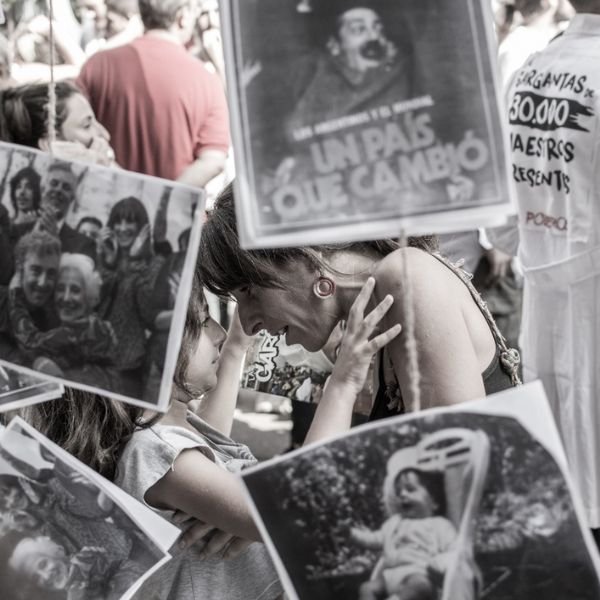
”
This year marks the 50th anniversary of the coup d’état that initiated the civil and military dictatorship in Chile. Augusto Pinochet seized power in Chile on 11 September 1973 by overthrowing the democratically elected government of Salvador Allende with the support of the military, right-wing parties, conservative sectors of society and the financial and strategic aid of the United States. After his rise to power, Pinochet persecuted leftists, socialists, and political critics, resulting in the execution or disappearance of more than 3,000, the torture of more than 30,000, and the exile of more than 200,000 people. This dictatorship, as well as it cultural, social, political, and economic consequences, constitutes the biggest scar in Chile’s recent history and continues to be a major source of conflict and divide among Chileans.
I was born in Santiago de Chile in 1986, three years before the dictatorship came to an end due to a stark economic crisis, growing poverty and unemployment, massive public protests, strong international pressure, and a democratic referendum where 54% of Chilean voted to put an end to Pinochet’s regime. Having grown up in a household with parents who were committed left-wing political activists, and having family members that were detained, tortured, and forced into exile, from young age I was aware of the human rights violations committed during Pinochet’s authoritarian rule. However, it was only recently that I became aware of another form of human rights violation that was hardly ever addressed when the atrocities of the dictatorship were discussed in private and public spaces: forced adoptions.
Since the beginning of my PhD in 2015, I have been doing research to understand reproductive changes in Chilean society, particularly, shifting childbearing intentions, fertility patterns and parenting norms. Recently, influenced by Ross and Solinger’s (2017) work, I became interested in exploring the multiple and complex intersections of reproductive rights and social justice in Chile. It was through this renewed personal and professional scope of interest that I started inquiring about the intersectional politics of reproductive violence during Pinochet’s rule and came across the striking fact that more than 20,000 children were sent abroad through irregular international adoptions during the civil and military dictatorship.”



